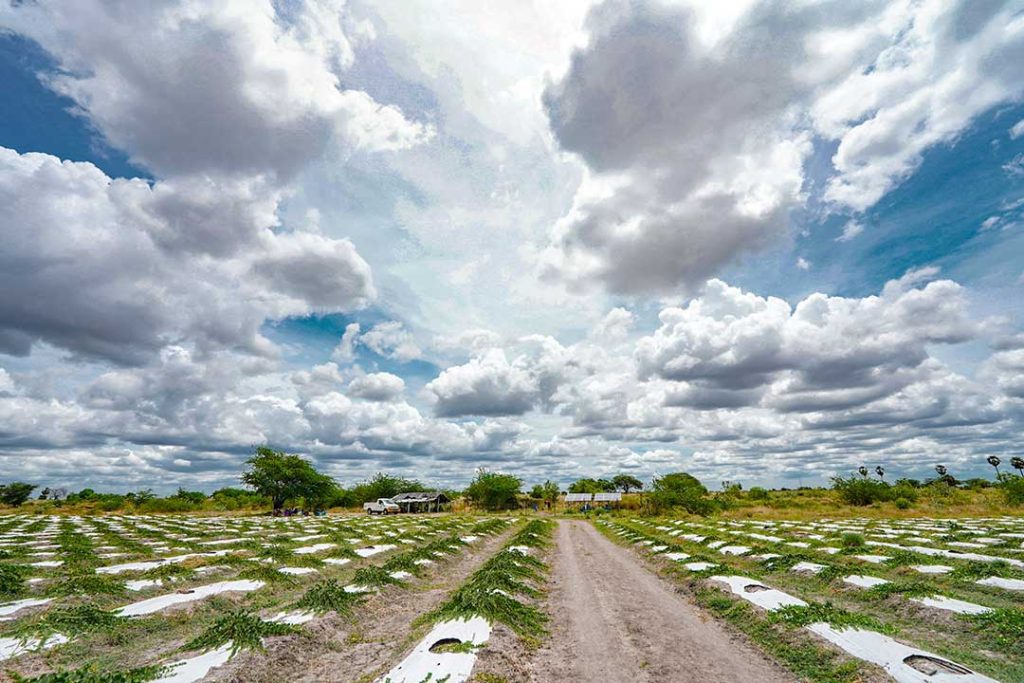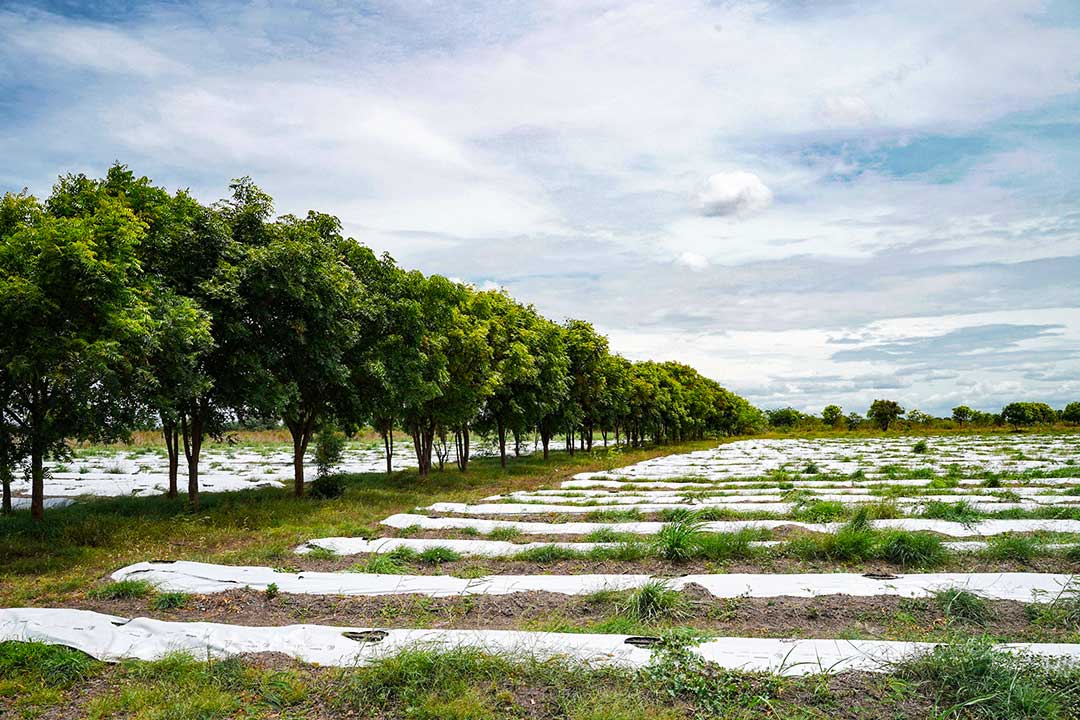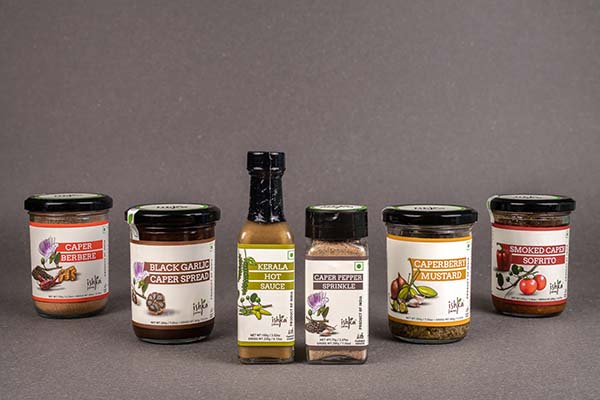Month: October 2022
The Beginning – Notes From The Ground
From the invention of the microwave oven to that of the potato chips and post-it notes, several vital accomplishments were in fact pure accidents. Ishka Farms’ genesis too in some ways is a tale of serendipity that began in a direction quite different from where it finally came to be.
One cool, sunny day at the start of this millennium, Srikant, the sagacity behind Ishka, was with his father in their ancestral village near Charmarajanagar in Karnataka, attending a small event honoring their family for their contributions of a play ground land to the village school. The thanksgiving function stirred something deep within him – the villagers were acknowledging deep gratitude for a tiny gesture which would be ahuge windfall for the village’s welfare in years to come.
Inspired by the extent to which the villagers’ lives were being changed by a mere donation, Srikant felt this was the kind of population where more resources should be funneled into. He had been mulling a renewable energy project – a work-in-progress that could take shape as a bio-diesel factory, a solar, or wind farm – all of which needed a large parcel of land. One or more of the villages around Charmarajanagar could be the ideal place for his pet project.
Srikant began putting his thoughts into action immediately upon returning home to Kochi. A series of organized and spontaneous occurrences started taking shape. While impediments prevented situating the project in Karnataka, land acquiring and procedures seem to fall into place on their own when he started looking at options that would benefit less developed areas in the Tuticorin district of Tamilnadu. Renewable energy professionals were invited to assess the tract of land acquired in and around the villages of Neeravipudupatti, Arungulam, Keela Eral, Padarnthapuli and Vilathikulam. How effective will a bio-diesel factory using juliflora (karuvelam) as raw material be? Will the 365 acres suit a wind farm or solar farm? Where is the nearest electric sub-station? What are the cost implications, etc.
While this was happening, also quite by chance another meeting took place between Srikant and a South American agro-engineer in a bar in St.Petersburg (yes, as in Russia – that’s not a typo). The word capers was whispered in his ears and it was not the vodka talking. The more he understood growing capers, the more it became clear that the soil, weather, water and labor requirements in the land he had just bought, would suit, (nay be ideal) for growing organic capers. Producing an essentially Mediterranean-food condiment in southern India was a bit of a stretch by any measure. Can it be done?
Deeper learning about caper farming involved visiting established caper farms. The nearest farms were in Europe, Mexico and South America, not exactly a day trip from Kochi. An exploratory trip was the only way to convince himself he was not stepping into a large undertaking purely on a whistle and a whim. Srikant planned trips to Argentina, Israel, San Diego USA, Baja California in Mexico and Pantelleria in Italy. The farm visits only underscored what he already knew, farming capers was not going tobe a cakewalk. But he was up to the challenge.
To make sure his assessment that the conditions in the land in Tamilnadu was perfect for capers, he then invited his Argentinian acquaintance to Neeravipudupatti. At the meeting, squatting down in the field under a large banyan, the only tree for miles around that had survived several failed monsoons, the soil analysis reports and the water-test paperwork between them under granite-stone paperweights, a decision was made. Ishka Farms was born.

How we started- Founders Perspective
Serendipity lead to the establishment of Ishka Farms as the pioneering Caper farm in India. Srikanth and I had bought the land in 2021 with no clear plan of what or how to grown but with a general idea that we would take our careers and personal life path around the idea of renewable energy and regeneration of the land. Once we narrowed in on farming commercially but with organic principles and certification in mind, we experimented with planting, growing and harvesting of Moringa leaves. It was a steep learning curve for first time farmers. Simultaneously, we studied the global market for a niche in agricultural produce and narrowed down on growing Capparis Spinosa not just as an import replacement but also as a produce that could place India firmly on the international export map of stellar novel agricultural produce.
Our family held farm is a work in progress; in terms of expansion of cropped area and market reach, bettering of processes , automation , value addition of the core ingredients that we grow and being a zero waste farm. That we have chosen to bottle in re-useable glass jars only and that we have stepped away from established food distribution systems and take a more farm-to-fork approach has also thrown up an interesting set of challenges. However, the team Srikanth and I have built up over the years is up to the challenge of learning and tacking the myriad issues that come up.
Why Condiments?
I’ve been asked this so many times since we launched the condiment line. Simply put – at Ishka we believe that farmers should own as much of the value chain as they can and the privilege of education and exposure allows Srikanth and I to do so. The lockdown of 2020 was hard on everyone, including the Ishka family. Abandoned fields yielded odd shaped and sized berries that wouldn’t go in the standardized produce market. Conversations with Chef Divesh who has been a long time champion of the capers from our organic farm lead to the development of the range of easy to use Dry Spices , Sauces and Spreads.
The brief was seemingly simple but it took a whole team of people to bring it to fruition – highlight the produce of the farm, use ingredients from like minded farmers as much as possible, no added colour or preservatives and just to make it a little more challenging , we decided it had to be shelf stable at ambient temperature !! It was a tall ask, but 18 months into starting off, we had our 6 condiments ready to market. Convenient, delicious condiments that make putting together a snack or meal easy with the assurance of no nasty additives.






